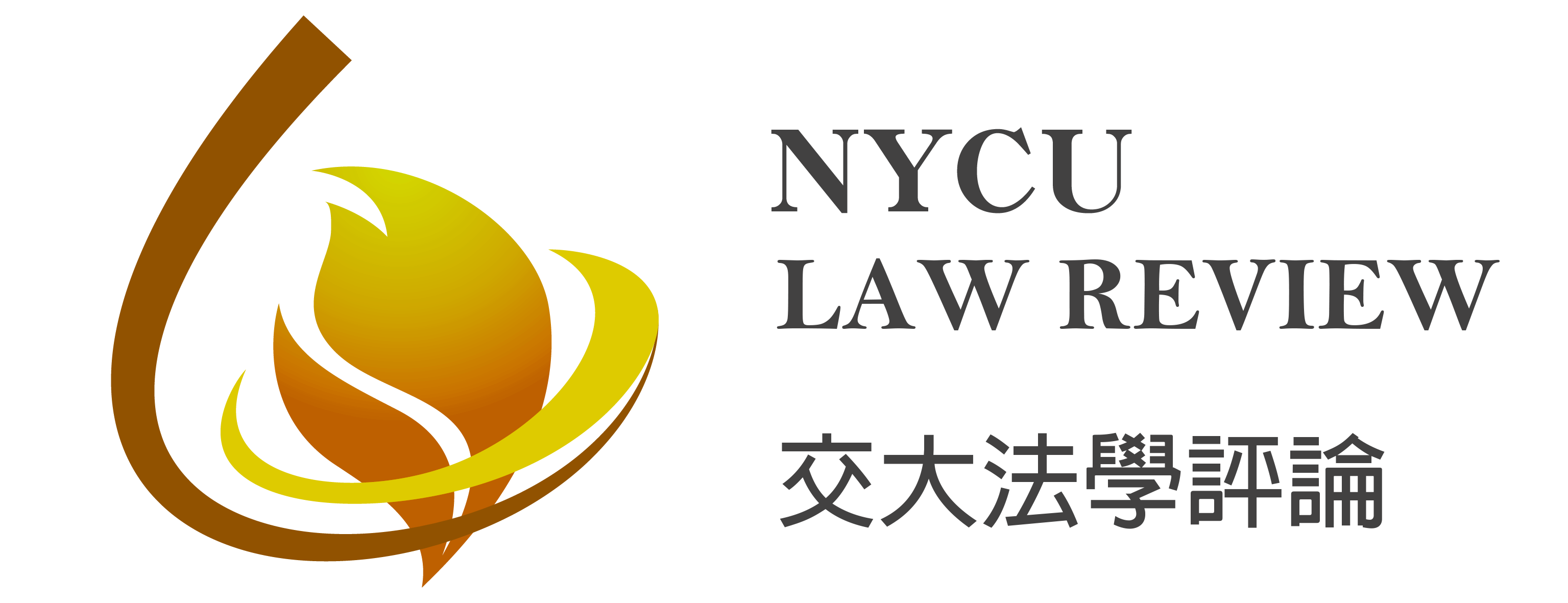| Title | |
| Observations and Suggestions on Taiwan’s Patent Linkage System in Bifurcated Patent Litigation System | |
| Author | |
| Pin-Shen Lee | |
| Keywords | |
| Patent Linkage, Bifurcated Patent Litigation System, Drug Patent Listing, Artificial Act of Infringement, Automatic Stay, Market Exclusivity | |
| Abstract | |
| In the U.S., once a patent owner’s patent(s) is declared as invalid, he cannot bring an infringement suit against other implementers any more. Therefore, when a generic drug company successfully challenges patent(s) validity in a Hatch- Waxman litigation, the US FDA will not grant other 30-month stays of regulatory approval to brand-name drug company because the patent(s) corresponding to new drugs is invalid. However, patent law in Taiwan follows the bifurcation system. Accordingly, although Taiwan civil courts are allowed to decide the validity of patent right at issue, its opinion binds only the parties in suits. For that reason, after the patent linkage system is implemented in Taiwan, the statutory 12-months stays will be triggered automatically if the patent(s) corresponding to new drugs have not been revoked, even the civil courts had decided the patent(s) is invalid based on the merit of the case. Obviously, patent linkage system in Taiwan’s bifurcated patent litigation system will delay the latecomer generic drug companies who sell the same drug entering the market. The generic pharmaceutical industry and the right to access medicine in Taiwan will subsequently be jeopardized. Furthermore, Taiwan civil courts are not allowed to invalidate a patent or decide whether patent(s) corresponding to new drugs is infringed by a counterclaim or declaratory judgement. On top of that, it is still unknown that whether the generic drug company could question the patent information in the Hatch-Waxman litigation if it seems inappropriate. As a result, this article digs into U.S. Statute law revision and suggests Taiwan civil courts should shoulder the burden of verifying the information after requested by the generic drug company in the litigation with the objective of striking a balance between brand-name and generic drug company. | |
| Abstract | Article |
93 Downloads |
327 Downloads |
